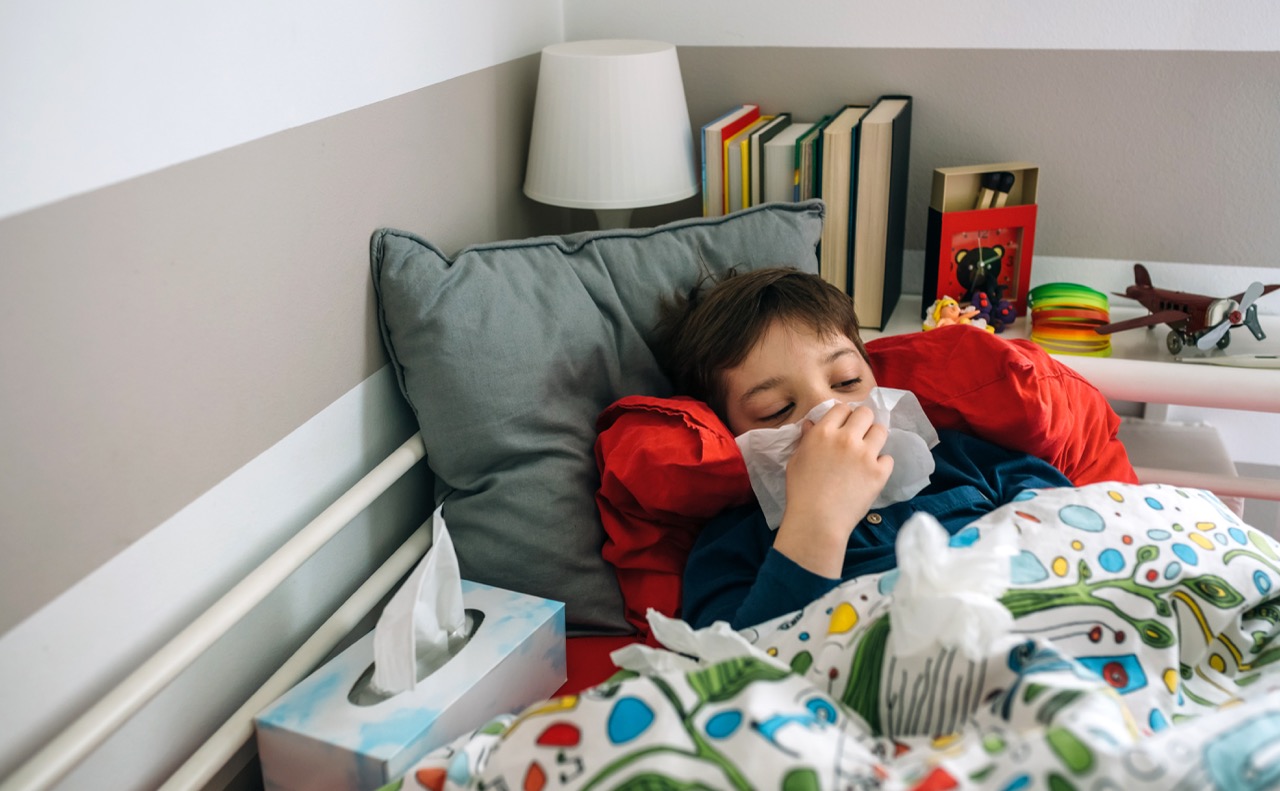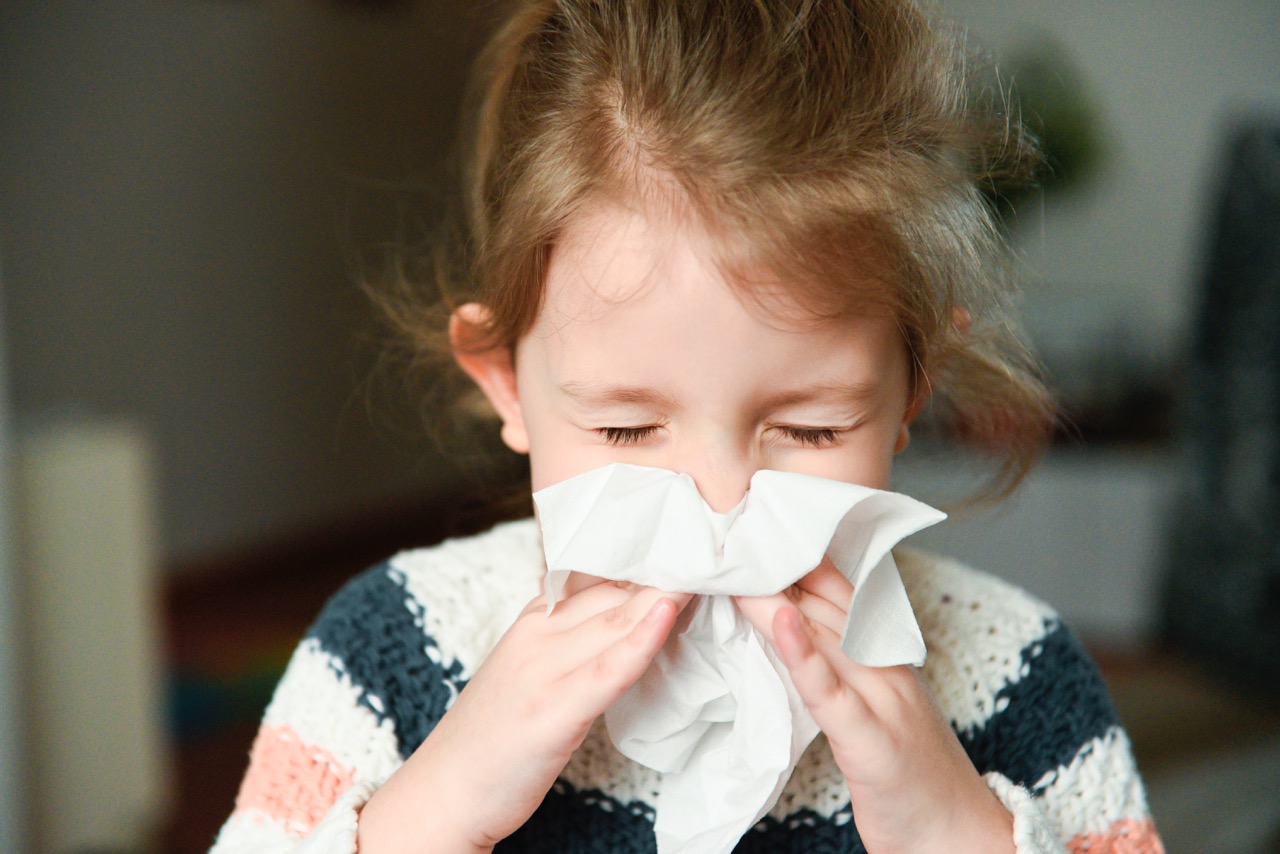Pediatric Asthma Checkups at All Kidz Urgent Care
Regular pediatric asthma checkups can mean the difference between emergency room visits and confident parenting. Asthma affects millions of children across the United States each year. Furthermore, proper monitoring helps families identify triggers early and adjust treatment plans effectively.
Many parents don’t realize how quickly pediatric asthma checkups can improve their child’s quality of life. Routine evaluations catch problems before they become serious complications. Additionally, these visits help children learn proper inhaler techniques and understand their condition better.
At All Kidz Urgent Care in Torrance, Dr. Sara Dhillon provides specialized pediatric asthma management. Our child-focused environment makes medical visits less stressful for young patients. Moreover, regular checkups help prevent the anxiety that comes with uncontrolled symptoms. Finally, consistent monitoring builds confidence in both parents and children managing this chronic condition.
Why Regular Pediatric Asthma Checkups Matter
Pediatric asthma is characterized by variable expiratory airway limitation and persistent respiratory symptoms, including wheezing, coughing, shortness of breath, and chest tightness. Early detection of control issues prevents symptoms from worsening into dangerous attacks. Regular monitoring helps healthcare providers adjust medications before problems develop.
Children with well-managed asthma miss fewer school days and participate more fully in activities. Professional evaluations reduce emergency room visits by catching issues during routine appointments. Additionally, seasonal trigger identification helps families prepare for challenging times of year.
Pediatric asthma checkups provide opportunities to review inhaler techniques and action plans. These visits also allow children to ask questions about their condition in a supportive environment. Moreover, consistent monitoring helps track growth patterns and medication effects over time. Finally, regular checkups ensure that treatment plans evolve with your child’s changing needs and development.
Signs Your Child’s Asthma Isn’t Well Controlled
Recognizing when asthma control slips helps parents seek timely medical attention. Poor asthma management leads to increased symptoms that interfere with daily activities. Additionally, uncontrolled symptoms can progress rapidly without proper intervention. Watch for these warning signs that indicate the need for pediatric asthma checkups:
- Frequent coughing, especially at night or early morning
- Wheezing sounds during normal breathing or mild activity
- Shortness of breath that limits talking or playing
- Chest tightness complaints during routine activities
- Using rescue inhaler more than twice per week
- Waking up at night due to breathing problems
- Avoiding physical activities because of breathing concerns
- Slower recovery from respiratory infections
Activity limitations and sleep disruption signal that current treatments aren’t working effectively. Children may stop participating in sports or become reluctant to play outdoors. Furthermore, persistent nighttime symptoms indicate poor overall control requiring immediate attention.
What Happens During Pediatric Asthma Checkups at All Kidz Urgent Care
Professional asthma evaluations include comprehensive assessments of your child’s current symptoms and treatment effectiveness. Our pediatric team checks vital signs and listens carefully to lung sounds. Additionally, we review current medications and assess inhaler technique during each visit.
Inhaler and Spacer Technique Tune-Up
Proper inhaler technique ensures medications reach the lungs where they’re needed most. Many children develop bad habits that reduce medication effectiveness over time. Our staff demonstrates correct techniques and watches children practice during appointments. We also check spacer devices for proper fit and cleanliness.
Personalized Action Plan Review and Updates
Asthma action plans provide clear instructions for managing symptoms at home and school. During pediatric asthma checkups, we review these plans with families and make necessary updates. Plans include emergency contact information and step-by-step medication instructions. We also provide copies for schools and caregivers.
Triggers to Watch in Children’s Asthma
An estimated 8% of children had asthma in 2020, and it continues to have a significant impact in the lives of many kids. Understanding common triggers helps families prevent symptoms before they start. Environmental factors play a major role in childhood asthma control. Additionally, identifying personal triggers takes time and careful observation.
Common asthma triggers include viral infections that cause respiratory symptoms. Allergens like pollen, dust mites, and pet dander also worsen breathing problems. Furthermore, cigarette smoke and strong odors can trigger immediate symptoms in sensitive children. Monitor these potential triggers during pediatric asthma checkups:
- Respiratory infections including colds and flu
- Environmental allergens such as pollen and dust
- Cigarette smoke and other strong chemical odors
- Physical exercise especially in cold or dry conditions
- Weather changes including humidity and temperature shifts
- Emotional stress from school or family situations
Daily Tools That Make a Difference
Effective asthma management requires tools that help families track symptoms and medication use. Peak flow meters measure breathing capacity and detect changes before symptoms worsen. Additionally, asthma diaries help identify patterns and triggers over time. Written action plans provide clear guidance for managing symptoms at different severity levels. School asthma forms ensure that teachers understand your child’s needs and emergency procedures. Moreover, medication tracking helps families stay organized and avoid running out of essential treatments.
Regular use of these tools between pediatric asthma checkups improves overall control. Parents become more confident recognizing early warning signs and taking appropriate action. Furthermore, detailed records help healthcare providers make better treatment decisions. Finally, consistent monitoring reduces anxiety for both parents and children managing this chronic condition.
Medications 101 for Parents
Understanding different types of asthma medications helps parents use them correctly and effectively. Controller medications prevent symptoms when taken daily as prescribed. Additionally, quick-relief inhalers (also called short-acting beta agonists, or SABAs) are used during active symptoms or attacks. They work quickly to relax airway muscles and ease breathing. Depending on severity, children may need up to three treatments every 20 minutes, as directed by their provider. Common medication categories include:
- Controller medications – taken daily to prevent symptoms
- Quick-relief inhalers – used during active symptoms or attacks
- Long-acting bronchodilators – help keep airways open for extended periods
- Anti-inflammatory medications – reduce swelling and irritation in airways
- Combination inhalers – provide both controller and quick-relief benefits
Healthcare providers at pediatric asthma checkups review proper medication timing and dosages. We also discuss potential side effects and when to contact medical professionals. Moreover, regular evaluations ensure that medication plans remain appropriate as children grow and develop.
At-Home Support Between Checkups
Consistent home management supports the benefits gained from pediatric asthma checkups. Proper hydration helps thin mucus secretions and makes breathing easier. Additionally, adequate rest supports immune system function and reduces infection risks. Air filtration systems remove common triggers from indoor environments. Regular cleaning reduces dust mites and pet dander accumulation in bedrooms. Furthermore, avoiding secondhand smoke protects sensitive airways from irritation and inflammation.
Exercise remains important for children with asthma when properly managed. Swimming provides excellent cardiovascular benefits with less trigger exposure than outdoor activities. Moreover, warm-up periods and proper medication timing allow most children to participate safely. Finally, communication with coaches and teachers ensures appropriate accommodations during physical activities and breathing difficulties.
How Often Should My Child Have Pediatric Asthma Checkups?
Monitoring is a major component of asthma management in children. Regular monitoring allows for diagnosis confirmation, treatment optimization, and natural history review. Most children benefit from checkups every three to six months depending on symptom control. Well-controlled asthma may require less frequent monitoring visits.
Seasonal reviews help families prepare for challenging times like spring allergies or winter respiratory infections. Children with frequent symptoms need more regular evaluation and treatment adjustments. Additionally, growing children require periodic medication dosage updates based on weight and development.
New diagnoses require closer monitoring until symptoms stabilize with appropriate treatment. Medication changes also necessitate follow-up appointments to assess effectiveness and side effects. Furthermore, children starting school or changing environments benefit from more frequent pediatric asthma checkups during transition periods.
What to Bring to Your Visit
Preparation helps make pediatric asthma checkups more efficient and productive for families. Bringing current medications allows healthcare providers to review techniques and expiration dates. Additionally, symptom tracking records help identify patterns and treatment effectiveness. Essential items for your appointment include:
- All current inhalers and medications for technique review
- Spacer devices and nebulizer equipment for inspection
- Asthma diary or symptom tracking notes from recent weeks
- Peak flow meter readings if your child uses one regularly
- School forms or action plans requiring updates or signatures
- Insurance cards and identification for appointment processing
- List of questions or concerns you want to discuss
Written notes help you remember important topics during busy appointments. Previous test results or specialist reports provide valuable background information. Moreover, involving children in preparation helps them become more engaged in their healthcare management.
Visit All Kidz Urgent Care in Torrance for Ongoing Asthma Support
At All Kidz Urgent Care, we provide comprehensive pediatric asthma checkups in a child-friendly environment that reduces anxiety. Our experienced team understands the unique challenges families face managing childhood asthma. Additionally, flexible scheduling includes weekend and evening hours for busy families.
Dr. Sara Dhillon and our pediatric specialists offer personalized asthma management plans tailored to each child’s needs. We provide same-day appointments when symptoms worsen unexpectedly. Contact us today to schedule your child’s next pediatric asthma checkups.
Visit us at: 2927 Rolling Hills Road, Torrance, CA 90505
Call us: +1 310-292-0054
Email: contactus@allkidzurgentcare.com




